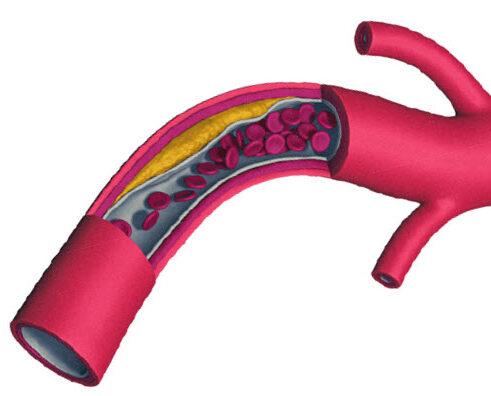Posted By:
Steve Parcell
Category:
Preventive Cardio
Dr. Stephen Parcell, ND, ABAAHP, is excited to announce his custom program for coronary artery disease and vascular longevity. Heart attacks are the #1 cause of death in the United States. Up to 75% of patients admitted for heart attacks have normal cholesterol. Cholesterol is only about 25% of the problem. What about the other 75%? This is where we come in. There is much more that needs to be investigated, tested, and treated. This is what NatureMed does. If you are interested in an individualized comprehensive approach to reducing your risk rather than just a prescription, then you are in the right place. What Type of Patient is a Good Candidate for This Program? Anyone who is interested in: 1. Preventing stroke, heart attack, arrhythmias, and adverse cardiovascular events of all types 2. Improving blood pressure and cholesterol 3. Obtaining individualized cardiovascular risk assessment 4. Obtaining highly sensitive plaque analysis 5. Learning strategies and tactics to optimize all measures of risk 6. Combining longevity medicine concepts into the cardiovascular realm 7. Improving both health span and life span 8. Maintaining physical activities well into old age Program Overview and What's Included Visit Related: • One, 90-minute initial...






